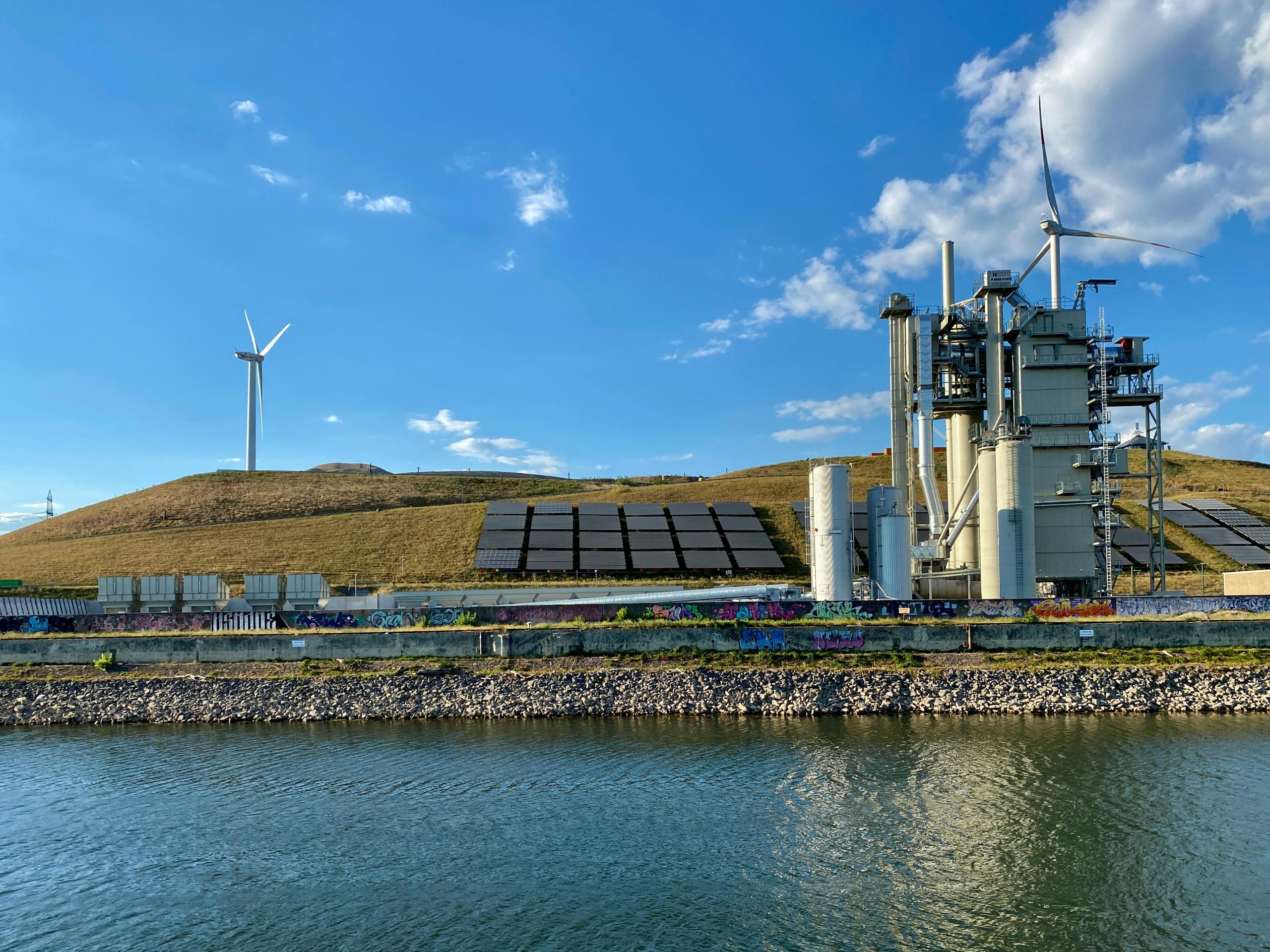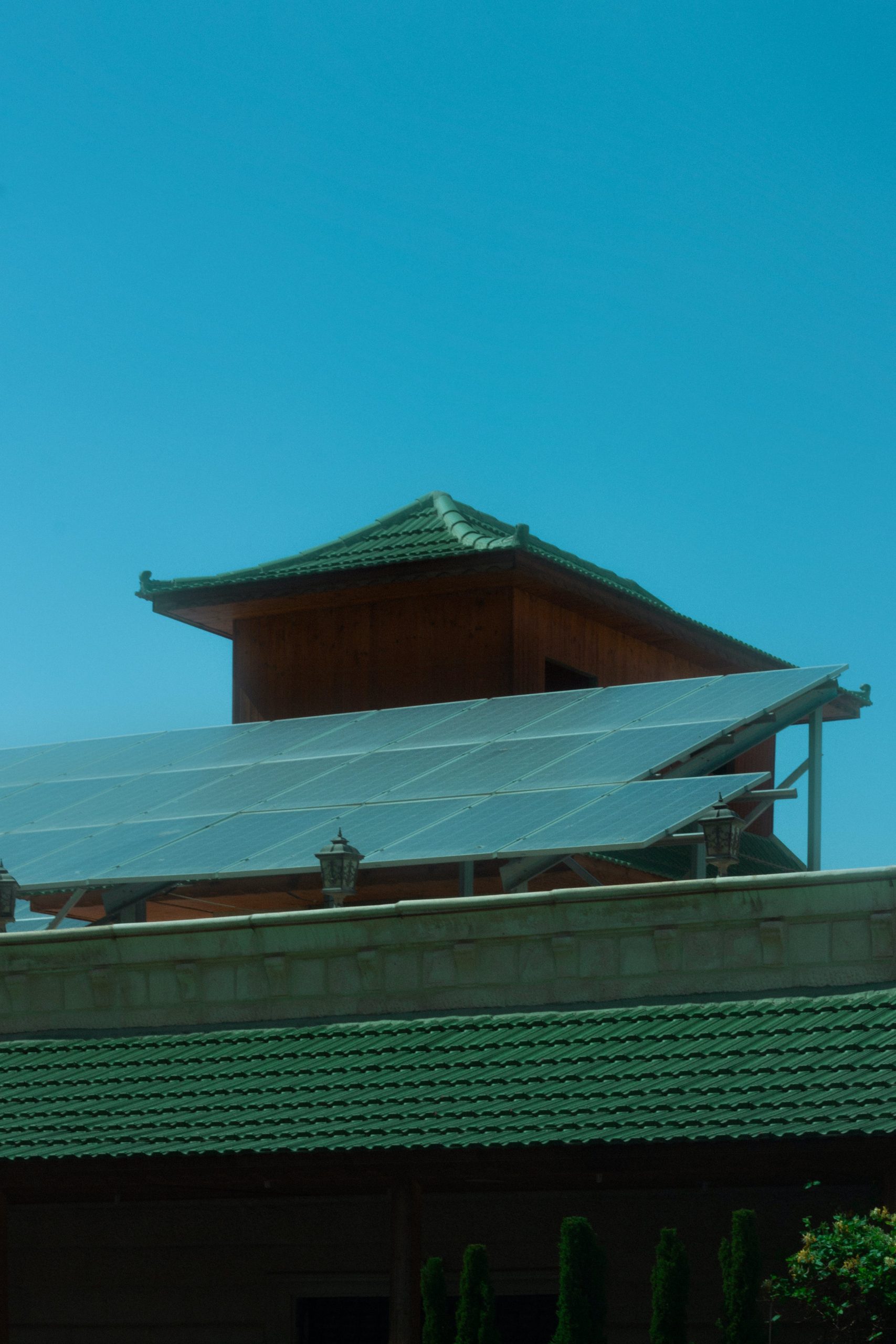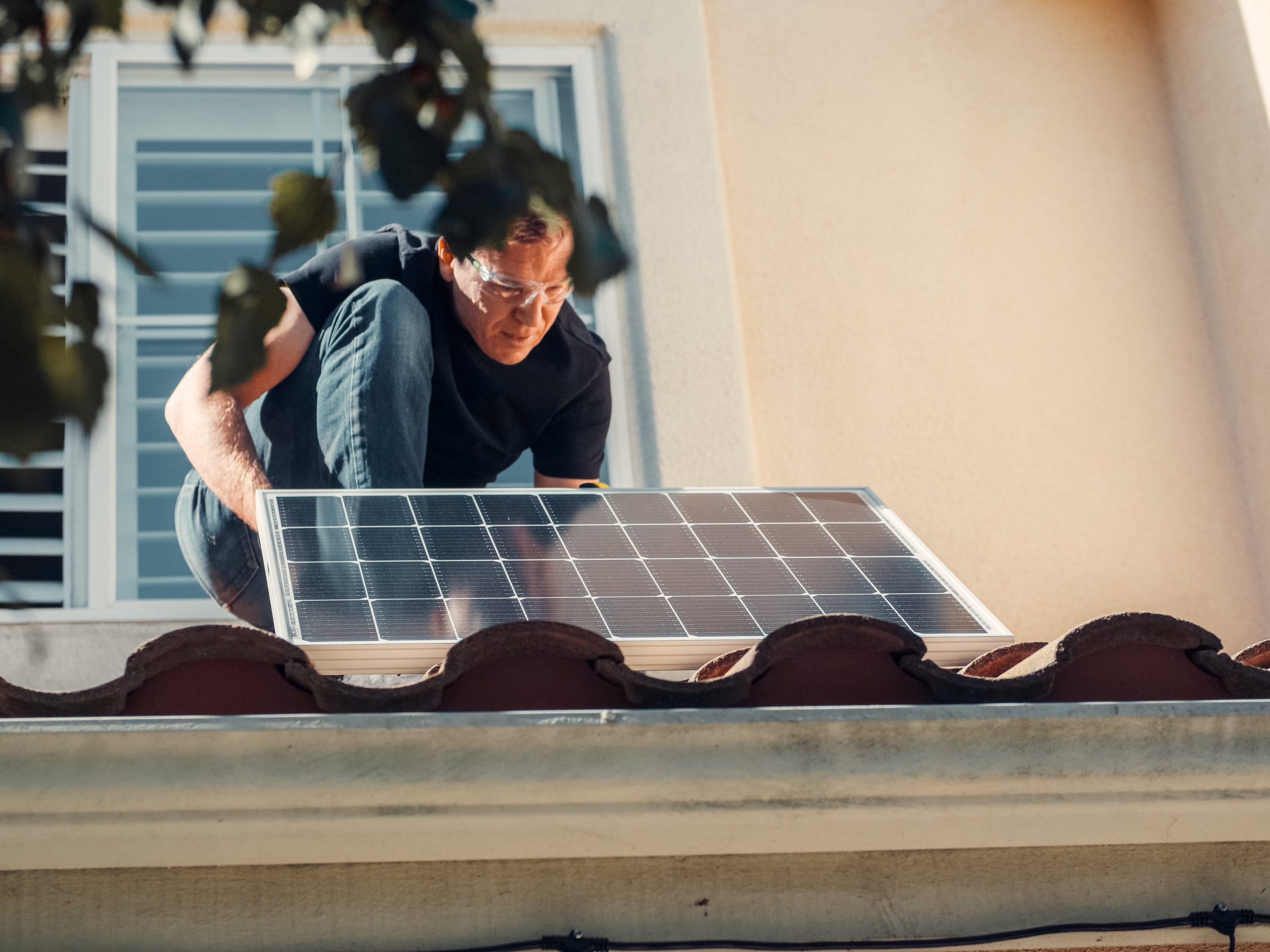How Long Do Solar Panels Last?
Solar panels the shining stars of renewable energy have revolutionized the way we harness power from the sun. As we embrace sustainable energy solutions understanding the longevity of solar panels becomes crucial for both consumers and environmental enthusiasts. In this article we delve into the factors influencing the lifespan of solar panels the average duration they are expected to function signs of aging ways to extend their life and the broader implications on our environment and finances.
- Introduction
- Brief Overview of Solar Panels
Solar panels are devices designed to convert sunlight into electricity providing a clean and renewable energy source. Their popularity has surged as the world seeks alternatives to traditional fossil fuels.
- Importance of Understanding the Lifespan
While the environmental benefits of solar panels are clear comprehending their lifespan is equally vital. This knowledge empowers consumers to make informed decisions and contributes to the overall sustainability of solar energy.
- Factors Influencing Solar Panel Lifespan
- Quality of Materials
The durability of hinges on the quality of materials used in their construction. Highquality components contribute to longevity emphasizing the importance of investing in reputable brands.
- Maintenance Practices
Regular maintenance plays a pivotal role in prolonging the life of . Cleaning inspections and timely repairs ensure optimal performance over the years.
- Environmental Conditions
The geographical location and climate significantly impact lifespan. Extreme weather conditions such as hail or prolonged exposure to high temperatures can accelerate wear and tear.
III. Average Lifespan of Solar Panels
- Industry Standards
The industry adheres to certain standards when estimating the lifespan of . Understanding these benchmarks provides consumers with realistic expectations.
- Technological Advancements
Ongoing innovations continue to enhance solar panel technology potentially extending their lifespan. Advancements in materials and design contribute to increased efficiency and durability.
- Signs of Aging in Solar Panels
- Decreased Efficiency
As age their efficiency may gradually decline. Monitoring energy output helps identify when panels are no longer performing optimally.
- Physical Wear and Tear
Visual inspections reveal physical signs of aging such as cracks or discoloration. Addressing these issues promptly can prevent further damage.
- Extending Solar Panel Lifespan
- Regular Cleaning
Periodic cleaning removes dirt and debris maintaining the efficiency of . This simple practice can significantly extend their lifespan.
- Monitoring and Maintenance
Regular monitoring and timely maintenance including the replacement of faulty components contribute to prolonged functionality.
- Upgrading Technology
In some cases upgrading to newer technology can be a strategic way to extend the overall lifespan of a power system.
- Environmental Impact of Solar Panel Disposal
- Recycling Options
With a growing number of decommissioned recycling programs are essential to minimize environmental impact. Proper disposal methods ensure the responsible handling of materials.
- Sustainable Practices
Exploring sustainable practices indisposal contributes to reducing the ecological footprint of renewable energy technologies.
VII. CostBenefit Analysis
- Initial Investment vs. LongTerm Benefits
While the initial investment in may seem significant the longterm benefits including reduced electricity bills and potential incentives often outweigh the costs.
- Return on Investment Considerations
Calculating the return on investment helps consumers make informed decisions about the economic viability of
VIII. Case Studies
- RealWorld Examples
Examining realworld examples of longevity provides insights into the practical lifespan of different systems.
- Success Stories and Challenges
Understanding success stories and challenges in implementation informs consumers about potential hurdles and benefits.
- Future Developments in Solar Technology
- Ongoing Research and Innovation
Ongoing research and innovation in technology promise exciting developments that could revolutionize the industry and extend the lifespan of .
- Predictions for the Future
Experts predict a future where become even more efficient and durable making renewable energy an increasingly attractive and sustainable option.
- Frequently Asked Questions
- How Long Do Solar Panels Typically Last?
The average lifespan of is around 25 to 30 years. However factors like quality maintenance and environmental conditions can influence their longevity.
- Can Solar Panel Lifespan Be Extended?
Yes with proper maintenance cleaning and in some cases technology upgrades the lifespan of can be extended beyond the industry average.
- What Are the Environmental Impacts of Solar Panel Disposal?
While have environmental benefits during their operation their disposal can pose challenges. Recycling programs and sustainable disposal practices aim to mitigate these impacts.
- Is It CostEffective to Invest in Solar Panels?</strong>
The initial investment in solar panels is offset by longterm savings on electricity bills and potential incentives. The costeffectiveness depends on various factors including location and government policies.
- What Technological Advancements Contribute to Longer Solar Panel Lifespan?
Innovations in materials design and manufacturing processes contribute to the longevity of solar panels allowing for increased efficiency and durability.










